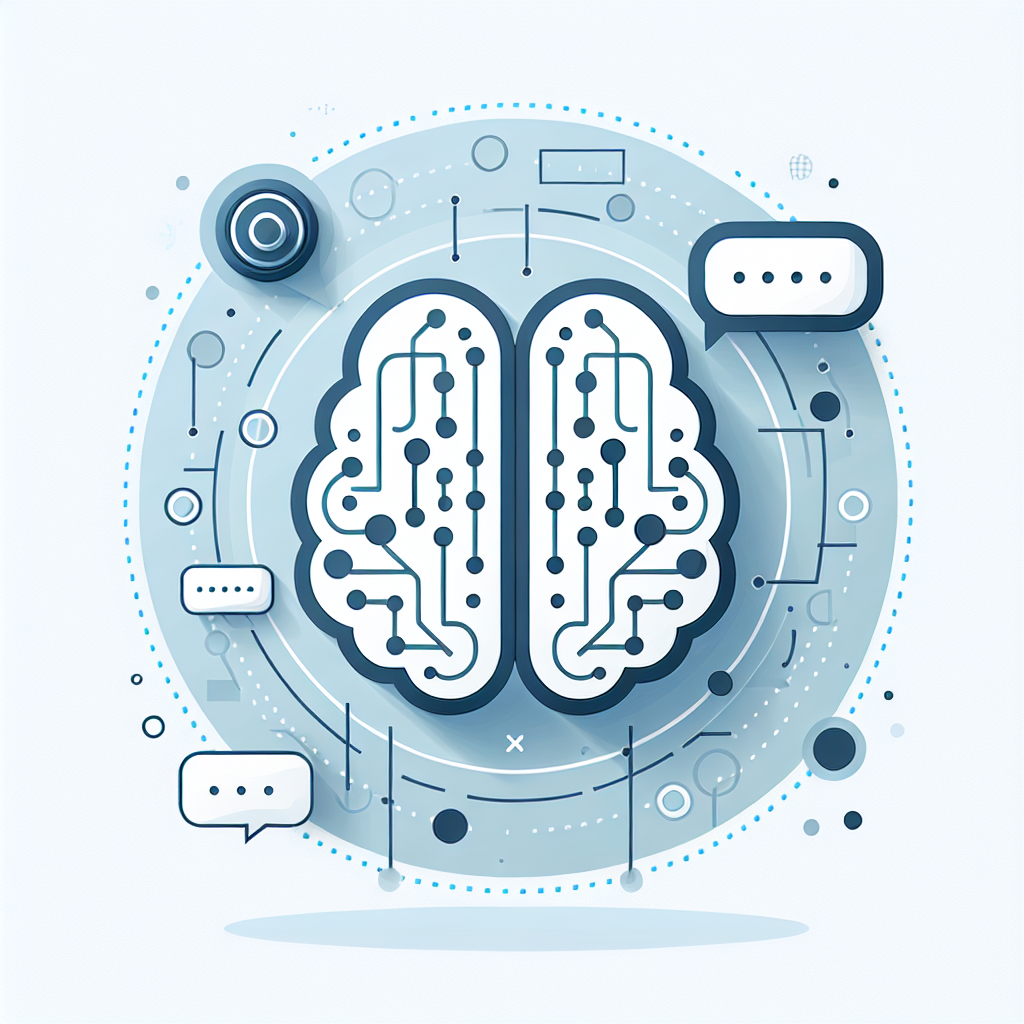Artificial Intelligence (AI) platforms have revolutionized the way we interact with technology, making tasks more efficient and improving user experiences. Speech recognition is one of the key features of AI platforms that has gained significant popularity in recent years. In this article, we will explore the role of AI platforms in speech recognition, the benefits they offer, and some frequently asked questions about this technology.
AI platforms are software systems that use machine learning algorithms to analyze and interpret data, enabling them to perform tasks that typically require human intelligence. Speech recognition is a branch of AI that focuses on understanding and interpreting human speech. It allows users to interact with technology through spoken commands, enabling hands-free and efficient communication.
One of the key benefits of AI platforms in speech recognition is their ability to improve accessibility for individuals with disabilities. For example, speech recognition technology can assist individuals with visual impairments by converting spoken words into text or vice versa. This enables them to use computers, smartphones, and other devices with ease, enhancing their independence and quality of life.
AI platforms also offer significant time-saving benefits for users in various industries. For instance, in healthcare, speech recognition technology can be used to transcribe medical notes and records, reducing the time and effort required for documentation. This allows healthcare professionals to focus more on patient care and less on administrative tasks.
Moreover, AI platforms in speech recognition can enhance the customer service experience by providing quick and accurate responses to inquiries. Chatbots powered by speech recognition technology can interact with customers in a natural language, offering assistance and answering questions in real-time. This improves customer satisfaction and loyalty, as users can receive immediate support without having to wait for a human representative.
In the education sector, AI platforms with speech recognition capabilities can provide personalized learning experiences for students. These platforms can analyze student responses to quizzes and assignments, identify areas for improvement, and offer tailored feedback and resources. This enables students to learn at their own pace and in a way that best suits their learning style.
Furthermore, AI platforms in speech recognition can enhance security measures by verifying users’ identities through voice recognition. This biometric authentication method is more secure than traditional passwords, as it is difficult for hackers to replicate an individual’s unique voice pattern. This technology is commonly used in financial transactions, access control systems, and other sensitive applications.
Despite the numerous benefits of AI platforms in speech recognition, there are some challenges and limitations associated with this technology. For example, speech recognition systems may struggle to accurately interpret accents, dialects, and background noise, leading to errors in transcription. Additionally, privacy concerns related to the collection and storage of voice data have raised ethical questions about the use of this technology.
To address these challenges, developers are continuously improving AI platforms by enhancing their algorithms and training models on diverse datasets. By incorporating deep learning techniques, such as neural networks, AI platforms can better understand speech patterns and context, leading to more accurate and reliable results.
The integration of AI platforms with speech recognition technology has the potential to transform various industries and improve the way we interact with technology. As this technology continues to evolve, it is essential for users to understand how it works and its implications. Below are some frequently asked questions about AI platforms and speech recognition:
1. How does speech recognition technology work?
Speech recognition technology uses algorithms to analyze audio input and convert it into text or commands. This process involves several steps, including signal processing, feature extraction, language modeling, and speech recognition. The algorithms are trained on large datasets of spoken language to improve accuracy and efficiency.
2. What are the applications of speech recognition technology?
Speech recognition technology has a wide range of applications in various industries, including healthcare, customer service, education, security, and entertainment. It can be used for dictation, transcription, voice commands, virtual assistants, language translation, and voice-activated devices.
3. How accurate is speech recognition technology?
The accuracy of speech recognition technology depends on various factors, such as the quality of the audio input, background noise, accents, and language models. While the technology has significantly improved in recent years, errors can still occur, especially in complex or noisy environments.
4. Is speech recognition technology secure?
Speech recognition technology can be secure if implemented properly with encryption and authentication measures. However, there are concerns about the privacy of voice data and the potential for unauthorized access. It is important for users and developers to prioritize data protection and security when using speech recognition technology.
5. How can businesses benefit from speech recognition technology?
Businesses can benefit from speech recognition technology by improving customer service, increasing productivity, enhancing accessibility, and reducing costs. By implementing AI platforms with speech recognition capabilities, businesses can streamline operations, engage customers more effectively, and gain a competitive edge in the market.
In conclusion, AI platforms with speech recognition technology have the potential to revolutionize the way we interact with technology and improve various aspects of our daily lives. From enhancing accessibility for individuals with disabilities to increasing efficiency in business operations, this technology offers numerous benefits for users across different industries. As developers continue to innovate and improve AI platforms, we can expect to see even more advanced applications of speech recognition technology in the future.

